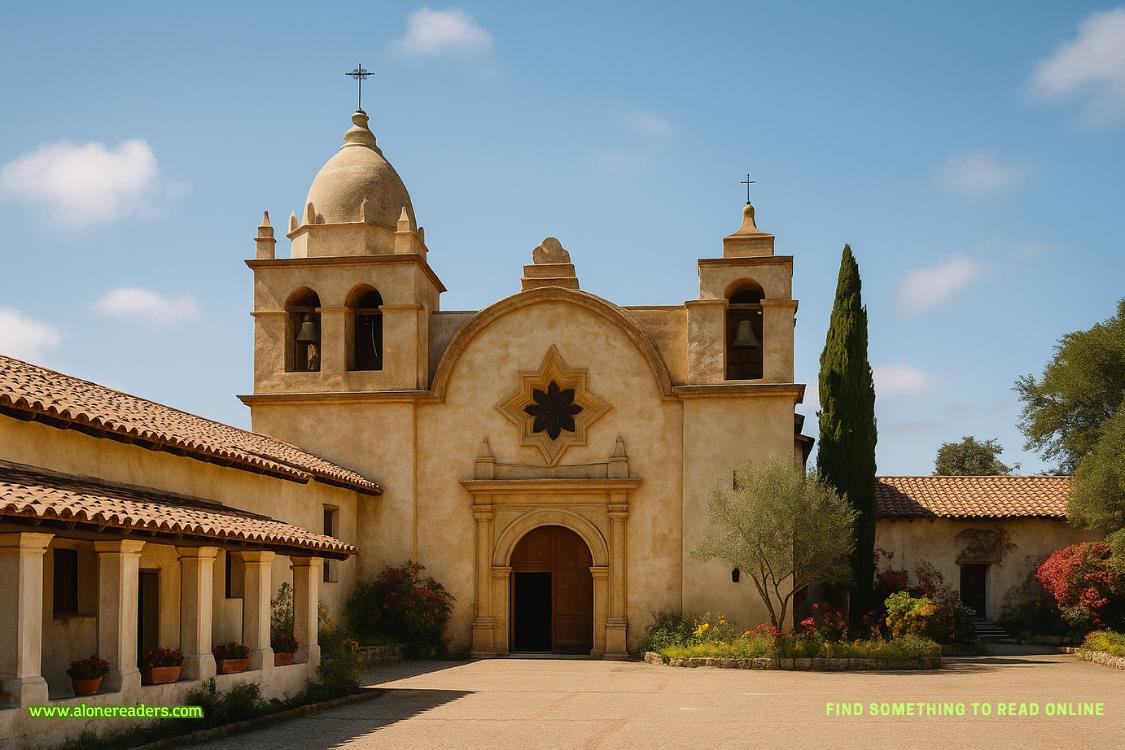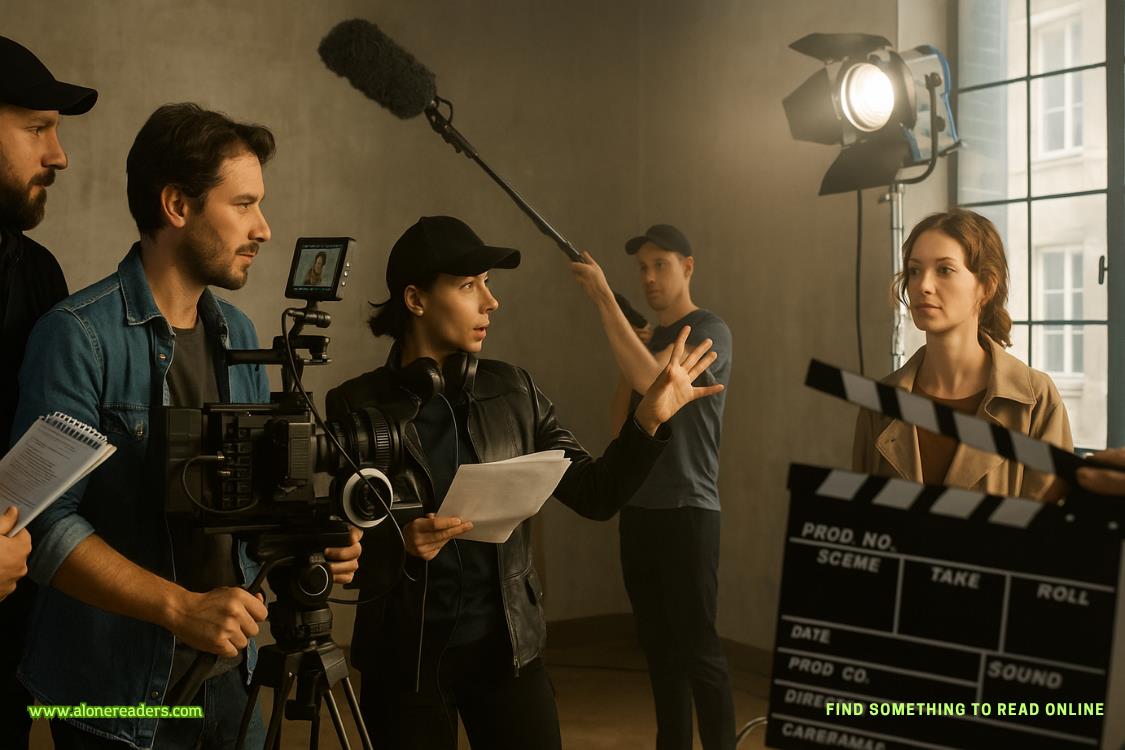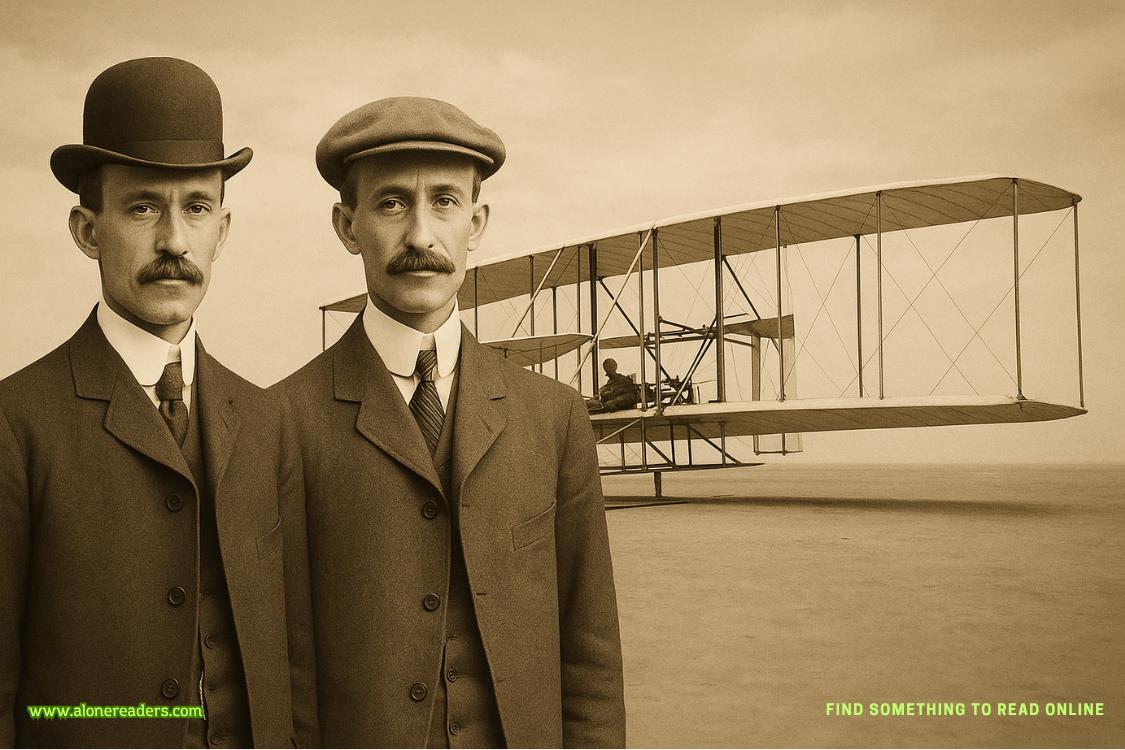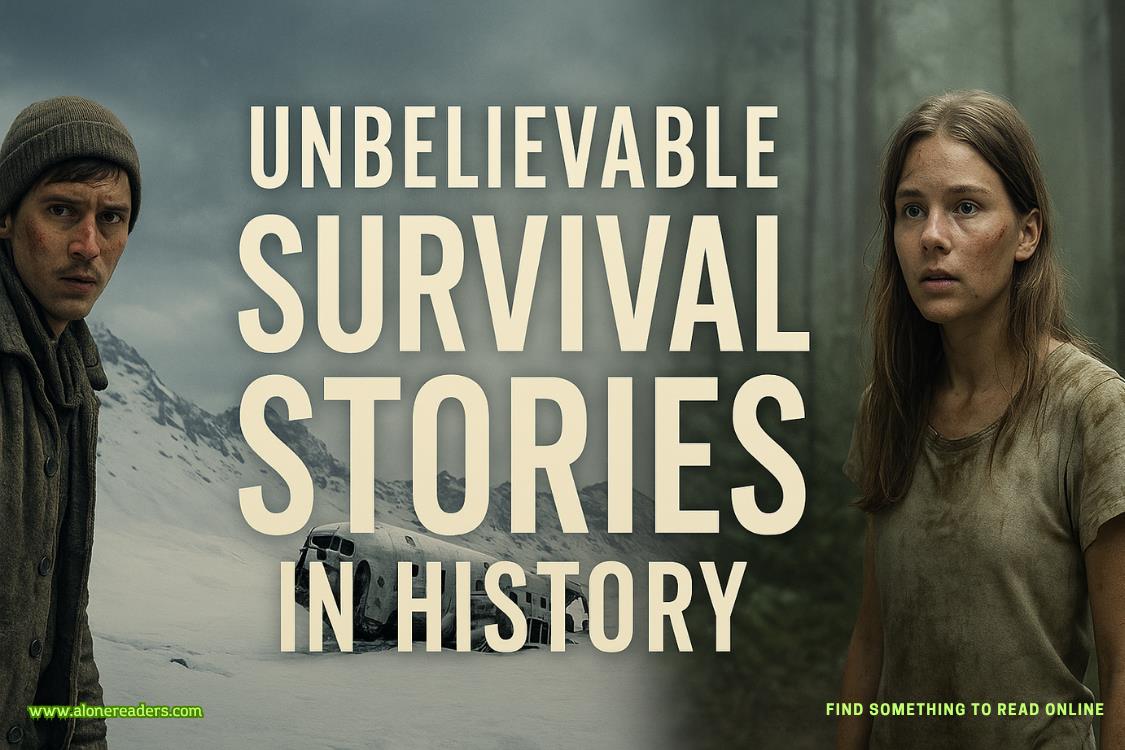Page 8 of Echo North
“We’ll have to sell the piano, my love.”
Her chin quivered. “Must we?”
I clamped my teeth down on my lip to keep from reminding her that she hadn’t even touched the thing in weeks.
My father took her hand across the table. “We must,” he said firmly. “And we will have to live just a little smaller for a while. Forgive me, my darling. I ought not to have bought more than I could pay for.”
Donia sniffed noisily. “You certainly shouldn’t have.”
“He wasn’t the one who—” I began, but my father raised his hand to stop me, which was probably wise.
“The fault is entirely mine,” he went on. “But you must try and bear it. It will only be for a year or two.”
“A year or two!” Donia shrieked.
“That is nothing for so strong a love as ours,” said my father.
I hated that he loved her so much and she thought only of her own comfort.
We sold the piano and one of the couches, too. My father appeased his creditors with the money he received by mortgaging the bookshop, piece by piece. Late in the summer, the shop belonged entirely to the bank and he had to pay rent out of our earnings. At the best of times the shop had never turned an enormous profit, and with a poor harvest the previous year, the villagers hadn’t many leftover pennies to spend on books.
We couldn’t pay the rent.
On the first day of autumn, my father closed the shop for good. He explained his next plan to me and Rodya and our stepmother that night over supper.
We sat in front of the fire, sipping tea and eating lentil soup flavored with a bit of ham, and Rodya looked more worried than I’d ever seen him. His apprenticeship would be over by the end of the year; he’d be free to open his own shop in another village, unless the clockmaker decided to hire him on. But most likely he’d be leaving us.
“I’ve decided to take my collection of rare manuscripts and illuminated maps into the city,” my father said. “If I can find the right buyer, our worries will be forestalled a long while.”
Donia pursed her lips. “Why didn’t you think of this before, Peter dear?”
My father studied her. “Because it is our very last hope. If it fails, my darling, there is nothing left.”
Rodya and I spent a few minutes trying to persuade him to let one of us take his place, but he would not be shaken. He promised to post a letter to Donia if he thought his inquiries would take more than three weeks.
We stayed up late into the night, talking together and sipping tea in front of the fire, and for the first time, it felt like the four of us were a true family. I didn’t want it to ever end.
But at last Rodya rose and took his leave, and my father and Donia went to bed. I dozed on the floor by the fire, hanging on to the feeling of peace and togetherness.
In the morning, my father came downstairs, laid a blanket over top of me, and kissed my forehead. “I’ll see you in three weeks, little lamb.”
I fell back asleep and dreamed of the wolf.
BUT MY FATHER DID NOTreturn in three weeks.
He sent no letter—we had no word from him at all, and by the time a month had expired, Donia was falling to pieces and fear stabbed sharp in my mind.
Another fortnight passed. I went to see Rodya at the clockmaker’s, perched on a stool across from his worktable. I watched him repair the workings of a table clock in the rosy glow of his lamp, soldering a new piece of brass onto a broken gear, then filing it down into teeth to replace the missing ones. He blew the shavings from the gear and fitted it into the movement. “The roads have been bad because of the rain, Echo. His letter could have gone astray.”
Rodya flicked his gaze to mine, then back down to the clock movement.
Suddenly I heard the worry in his voice.
He lay down the clock and took the loupe from his eye. “If there’s still no word from him by the end of the week, I’ll send inquiries into the city. But I’m sure he’s fine.”
There was no word by the end of the week, and Rodya’s inquiries came up empty—none of the city booksellers had spoken with or seen my father.
Autumn faded and the first winter snows came, thick and heavy, making the roads impassable. There was nothing for it but to keep our heads down and wait for spring.















